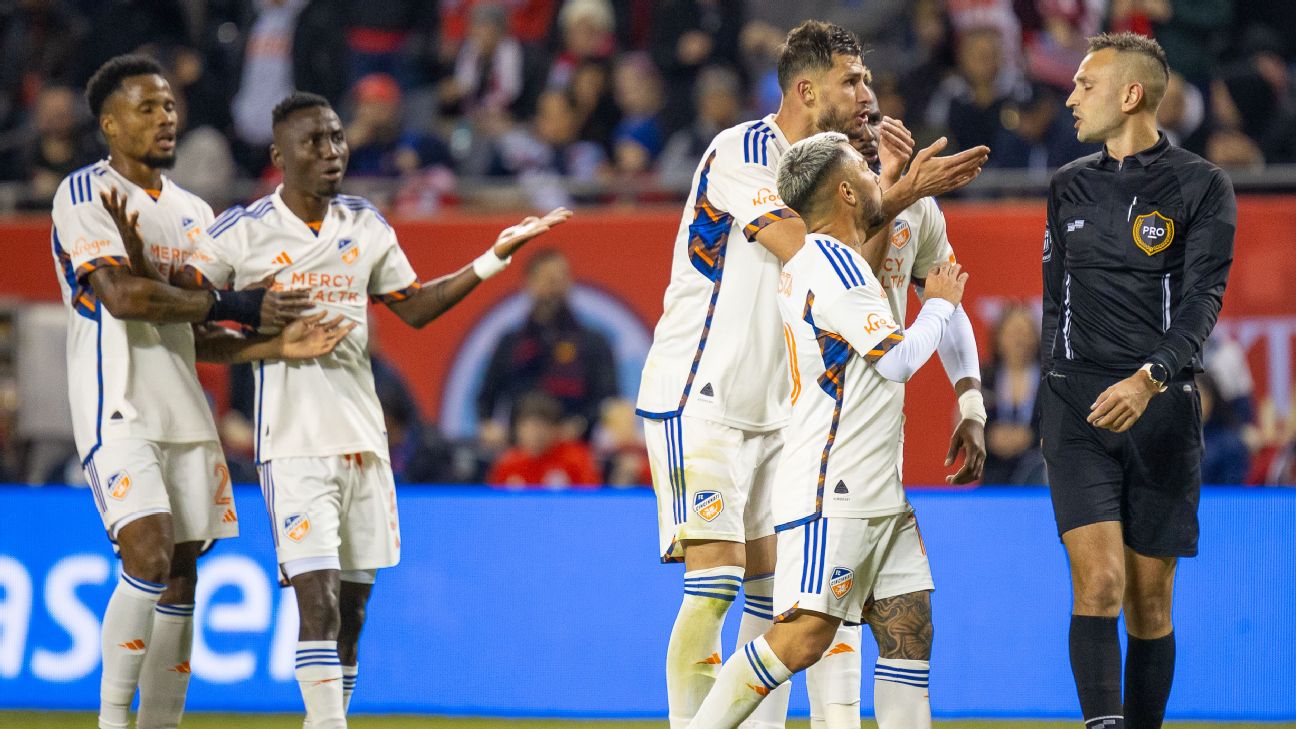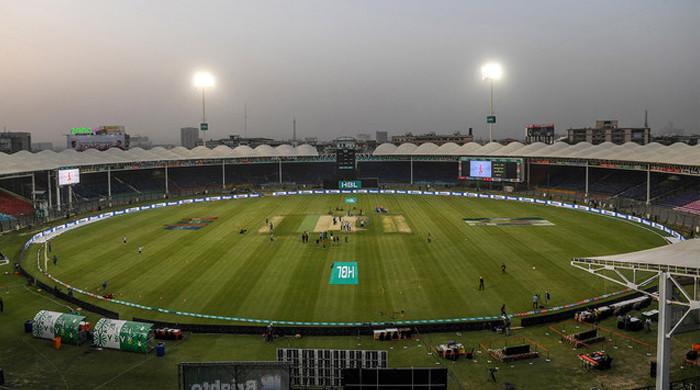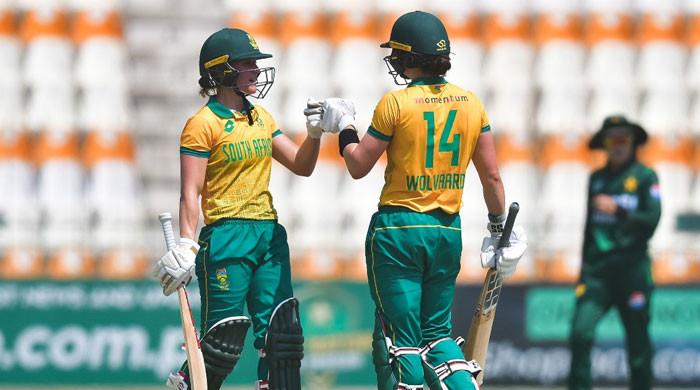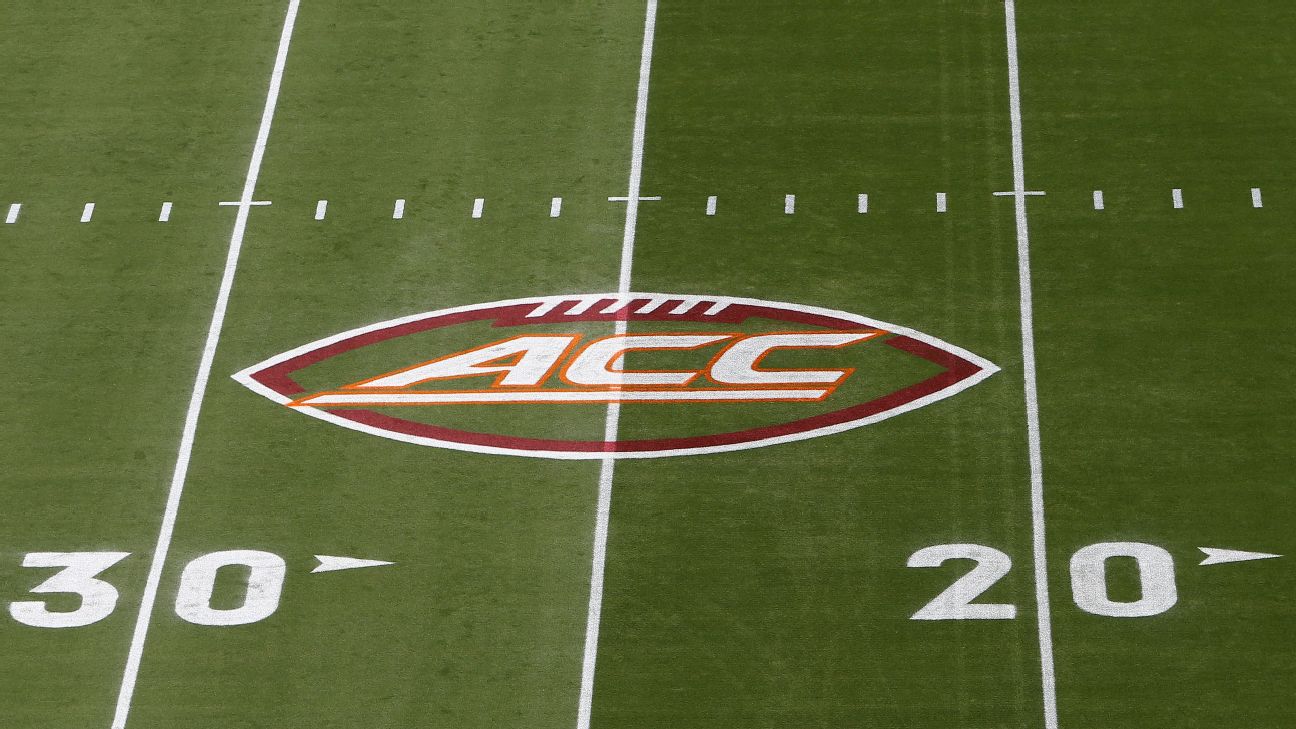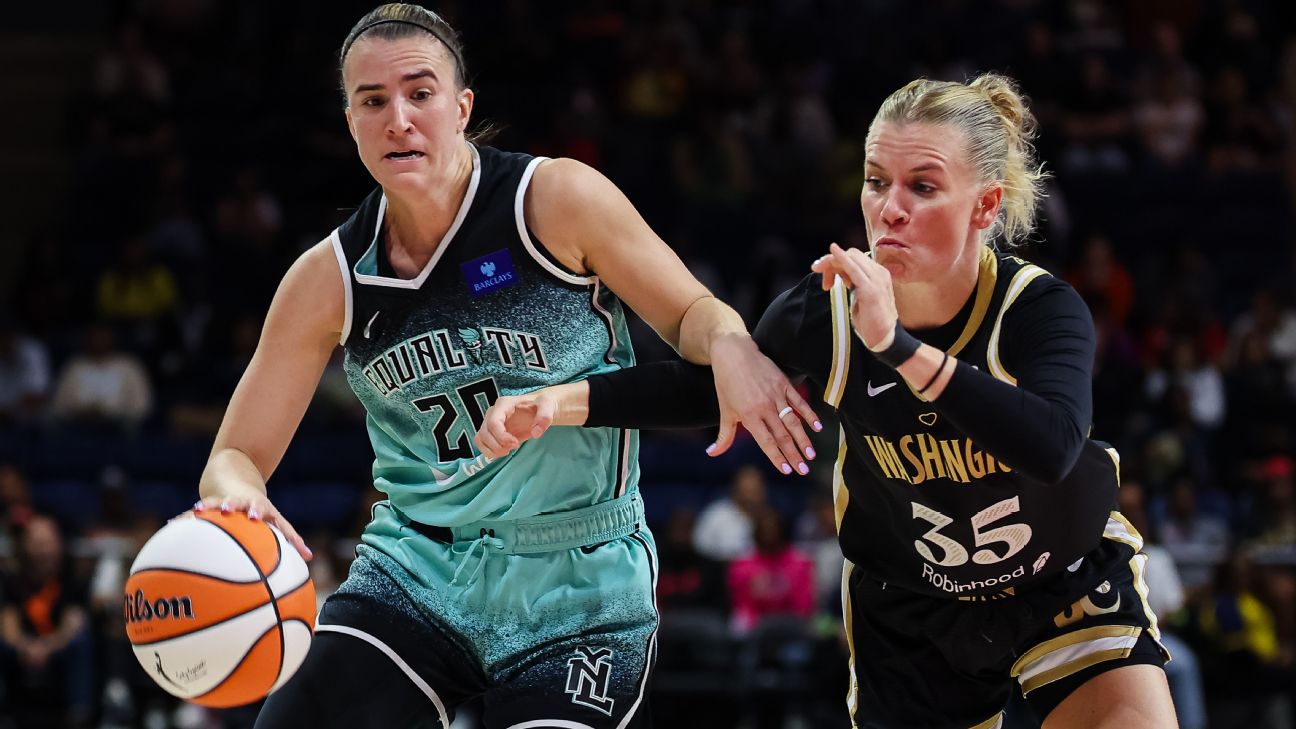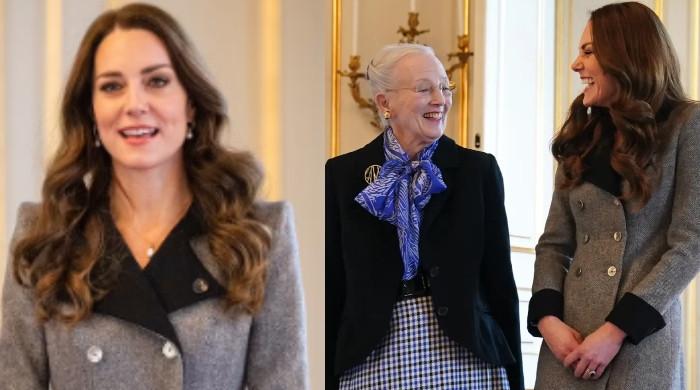Two weeks into the MLS regular season, and one of the biggest stories has nothing to do with Lionel Messi’s star-studded Inter Miami CF, the seemingly revived LA Galaxy or bottom-of-the-table New York City FC. It’s the league’s continued use of replacement referees, which has fueled an ongoing, controversial conversation in the North American game.
The Professional Referee Organization (PRO) — which is funded by Major League Soccer — locked out referees from the Professional Soccer Referees Association (PSRA), the refs’ labor union, on Feb. 18 when the PSRA overwhelmingly rejected a tentative agreement (TA) negotiated between PRO and the PSRA’s negotiating committee. Negotiations on a new collective bargaining agreement (CBA) since then haven’t gone well, with PRO threatening to replace the TA with an offer containing reduced terms if it isn’t approved by March 11.
More than 10 of the replacement referees have been drawn from top three leagues in countries like Brazil, Turkey, Spain, Italy, Jamaica, Mexico and Poland. Another 18 are former or current national referees in U.S. Soccer. Other officials have been brought in from the lower tier, collegiate and youth ranks in the United States.
The PRO, and by extension MLS, is essentially wagering that the gains at the bargaining table will outweigh any damage done by using replacement referees. At the onset of the lockout, that approach provoked dire warnings from the likes of the MLS Players Association of how it would impact games and player safety.
This is especially notable considering that PSRA president Peter Manikowski told ESPN that the compensation and benefit increases in the latest offer from the union, when compared to the tentative agreement, would cost “less than $95,000 per team in 2024.” Escalators in subsequent years would push that amount higher.
– Stream on ESPN+: LaLiga, Bundesliga, more (U.S.)
Two weeks in, the soccer sky hasn’t necessarily fallen, but there have been controversial incidents.
In Week 1, the big talking point was the issuing of a second yellow card to LA Galaxy midfielder Mark Delgado late in the team’s game against Miami. He was punished for a phantom foul on Sergio Busquets that set the table for a stoppage-time equalizer from Messi. Delgado’s sending off was eventually rescinded. Busquets, who fell theatrically on the play, admitted the yellow card shouldn’t have been given, but the Galaxy aren’t getting those two additional points back.
Last weekend, there was a blown call on a throw-in deep in stoppage time of the match between Sporting Kansas City and the Philadelphia Union. That led to a Philly corner, which in turn led to Alejandro Bedoya’s equalizer. When questioned by a reporter about the play, referee Rafael Bonilla said the ball bounced off a Union player. Replays showed otherwise. Even Philadelphia manager Jim Curtin acknowledged afterward, “It was their throw-in.”
Perhaps the most embarrassing incident of all occurred prior to Miami’s game against Orlando City SC on Saturday. Pictures on social media emerged of the game’s scheduled center referee, Guilherme Ceretta, wearing an Inter Miami jersey. To PRO’s credit, it moved swiftly to pull Ceretta from the assignment, replacing him with the scheduled fourth official, Jaime Herrera, but it called into question how thorough the vetting process for replacement referees has been.
In an interview with ESPN, PRO GM Mark Geiger, himself a former MLS and FIFA referee, said that the PRO had already completed background checks on the replacement referees and was also checking their social media accounts for conflicts of interest.
“This one, unfortunately, got past us,” he said, and indicated there wouldn’t be any changes to PRO’s vetting process. Geiger added that Ceretta, who refereed previously in Brazil, would still be used to referee MLS games, “But we certainly won’t be assigning him to any Miami games in the future.”
Just how much damage is being done to MLS by its continued use of replacement referees is open to interpretation. Among coaches and team executives, there is a general acknowledgement of the difficult position that replacement referees have been put in. With the league issuing fines to players and coaches for referee criticism even in the best of times, coaches are tiptoeing around that line when it comes to replacement referees. No one in the league has been fined for criticizing refs this season.
“There is a difference in the experience level and control of the game. I see it. I’ve watched several games on TV,” San Jose Earthquakes manager Luchi Gonzalez told reporters, referencing the replacement referees prior to last weekend’s match against the Galaxy. “We had our own game and I thought our ref did a fairly positive job. But look, this is not easy for anybody.”
One team executive, who requested anonymity because they weren’t authorized to speak publicly about the replacement referees’ performances, said, “To come to any new league where you don’t necessarily know the players, you’re not necessarily familiar with the speed of play or the style of play. I think it’s really difficult. So I think any referee, whether you’re coming from the lower divisions of U.S. soccer or you’re coming from the Premier League, there’s going to be some level of acclimatization.”
In speaking with multiple people throughout the league, there is a belief that referees, even those in the PSRA, make their fair share of mistakes, too. As such, some feel that the difference between the replacements and those in the union isn’t that great.
“I don’t feel like I’ve seen too much of a difference, regardless of who’s in there, the temporary refs or the original, normal refs,” said Steven Beitashour, who spent 14 years playing for the likes of the San Jose Earthquakes, Vancouver Whitecaps, Toronto FC, LAFC and the Colorado Rapids before retiring after the 2023 season. “I feel like players, fans are going to gripe about one thing or another.”
Beitashour acknowledged that the Delgado situation was a refereeing error, but feels it’s a difficult situation to adjudicate in real time.
“I’ve seen normal refs make that same mistake,” he said. “I don’t think it’s been anything terribly bad. I feel like they make some good calls and then there’s going to be some mistakes that are normal. You know, they’re humans.”
In a memo sent by MLS executive vice president Nelson Rodriguez to the MLS board of governors on Friday, a copy of which was seen by ESPN, Rodriguez stated that the performance of the replacement referees, “as evidenced by our Key Match Indicators, aligns with the professional standards observed in the past seasons, maintaining consistency in officiating quality.”
In 2023, the PRO used a four-point scale to rate referees on items such as match control interaction with players, positioning, movement, teamwork and game management. A grade of one meant “areas of significant improvement,” two being “minor areas of improvement,” three being “good” and four being “best practice.” PRO changed its grading system for 2024 to a three-point system, with one meaning “below or at standard,” two being “above standard” and three being “best practice.”
Geiger said in 2023, the PSRA referees had an average rating of higher than three over 493 games. In 2024, Geiger said the rating has been two after 29 games.
Some underlying numbers paint a picture of the replacement referees making mistakes with much more frequency than their union counterparts.
Yes, the sample size for 2024 is small, but according to ESPN Stats & Information, there have been 20 VAR events so far this season, coming out to an average of .69 interventions per game. That is double the rate recorded in 2023 (including playoffs), when there were 172 VAR interventions, which comes out to .33 interventions per game. Calls are being overturned at a higher rate as well, with 85% of the VAR interventions in 2024 resulting in the call being overturned, compared to 61% in 2023.
Geiger said he wasn’t surprised by those numbers. “[The PSRA officials] are the top officials in … USA and Canada, so you would expect them to have a higher accuracy rate without VAR,” he said. “So we kind of expected that there were going to be some more interventions.”
To the trained eye, that is by no means the only area where the replacement referees are falling short. George Gansner worked as an assistant referee (AR) in MLS for 19 years up through 2015. For 13 of those years he was also a FIFA AR, working World Cup and Olympic qualifiers. He is also a former board member of the PSRA. He feels the lack of experience shown by the replacement referees is obvious.
Gansner recalled a situation in the 72nd minute of the match between St. Louis City and Real Salt Lake on Feb. 24 when RSL was offside, but in that sequence, St. Louis recovered the ball and broke on a potential counterattack. Instead of allowing play to go on, the offside was whistled and brought back.
“The assistant referee’s out of position, No. 1. It’s an extremely tight decision,” Gansner said. “No. 2 — and we’re talking centimeters if he’s offside at all — an experienced referee would’ve waved the flag down and allowed the counterattack to go on.
“It’s just like, ‘Ugh’. That’s the kind of stuff that experienced referees don’t do.”
The presence of VAR can mitigate the use of replacement referees in that errors can be caught — that was something that was missing in 2014, the last time that the PRO locked out the PSRA referees — but Gansner feels that there is a downside to having VAR intervene on a more frequent basis.
“That can happen too with the [PSRA referees],” he said, “but it’s the number of times that it happens that impacts the flow of the game.” While the replacement referees aren’t required to pass the same fitness test as the PSRA referees, Gansner said issues with keeping up with the play and positioning, for example, aren’t just fitness issues, but those of experience.
“The ability to be squared in the field as an assistant referee, have something happen, and turn and be able to keep up with those guys in a lot of cases, there are very few people in general … who can do it, that are able to turn that quickly and keep up with a 20-year-old,” he said. “It’s anticipating what’s going to happen and being able to understand three passes earlier what could happen.”
All of this may sound like minutiae, but it adds up, and it damages the on-field product by eroding the quality of the league — and the perception of that quality is what MLS has been trying to raise since its inception. Yes, it’s early in the season, but if the frequency of blown calls continues, it’s likely that the patience shown so far by coaches, players and GMs will wear thin.
As much as the game’s stakeholders like to complain about the referees, it’s important for the league to attempt to maximize the odds of getting calls right. That isn’t being done at the moment, and it highlights the importance of getting the PSRA referees back on the field as soon as possible.
To that end, both union and management confirmed that the two sides met Monday and Tuesday in New York. To hear both sides characterize the talks, not much headway has been made, with little to no movement in relation to the possible terms of an agreement.
“We don’t have a tentative agreement at this point, but we’re continuing to work together in order to find a resolution,” Geiger said. “I think both sides want to find a fair agreement that both sides can work within, and that’s going to be fair for the members. So the faster we come to that conclusion, the better it is going to be for both sides.”

 Technology6 مہینے ago
Technology6 مہینے ago
 Pakistan7 مہینے ago
Pakistan7 مہینے ago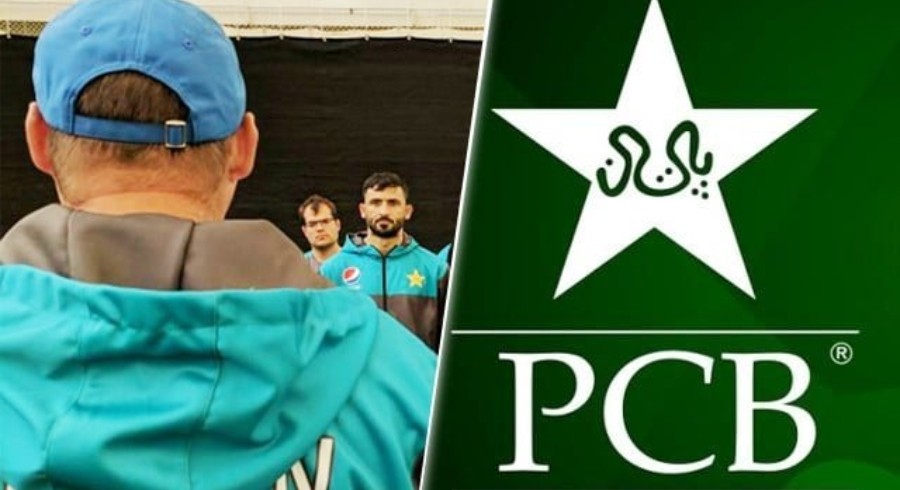
 Sports6 مہینے ago
Sports6 مہینے ago
 Pakistan6 مہینے ago
Pakistan6 مہینے ago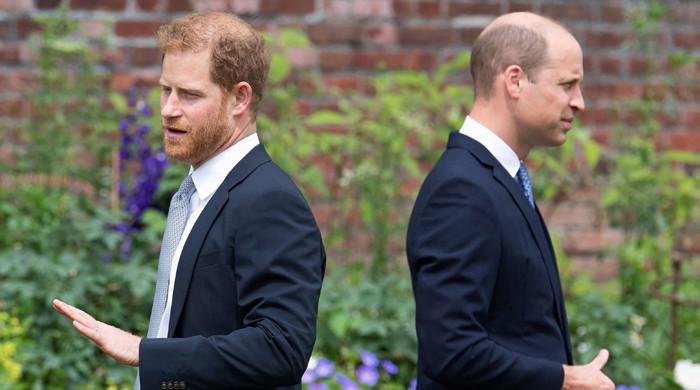
 Entertainment6 مہینے ago
Entertainment6 مہینے ago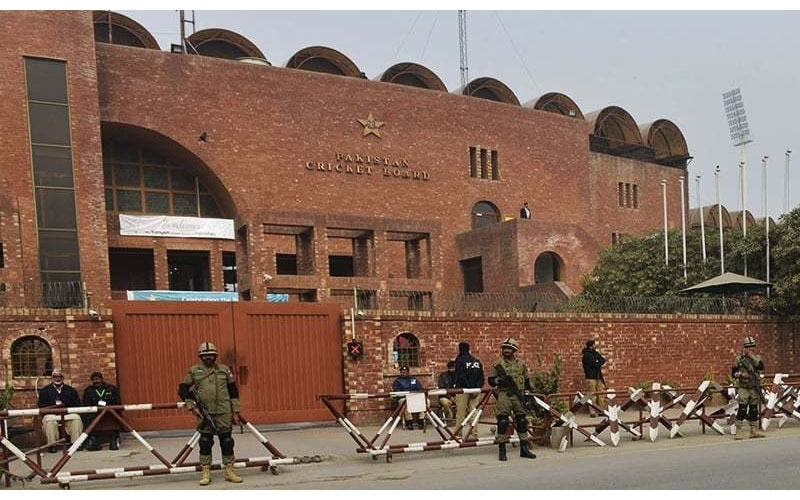
 Sports5 مہینے ago
Sports5 مہینے ago
 Pakistan7 مہینے ago
Pakistan7 مہینے ago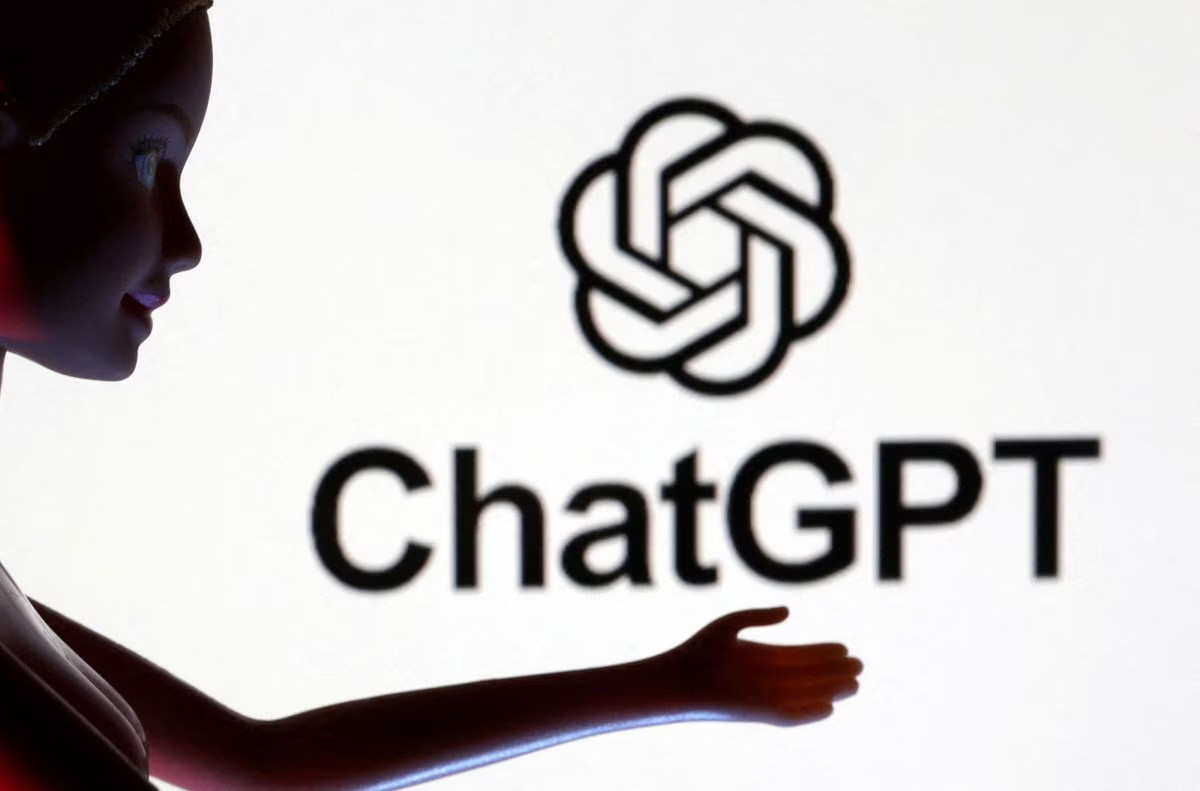
 Pakistan6 مہینے ago
Pakistan6 مہینے ago
